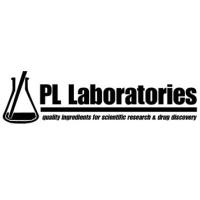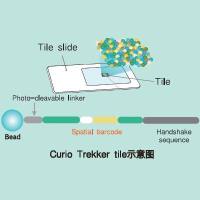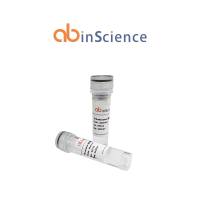Epitope Mapping of AntibodyAntigen Complexes by Nuclear Magnetic Resonance Spectroscopy
互联网
505
Nuclear magnetic resonance (NMR) is a very powerful tool for determining the boundaries of peptide epitopes recognized by antibodies. NMR can be used to study antibodies in complexes that exhibit a wide range of binding affinities from very weak and transient to very tight. Choice of the specific method depends upon the dissociation constant, especially the ligand off-rate.
Epitope mapping by NMR is based on the difference in mobility between the amino acid residues of a peptide antigen that interact tightly with the antibody and residues outside the epitope that do not interact with the antibody. The interacting peptide residues become considerably immobilized upon binding. Their mobility will resemble that of the antibody’s residues. Several NMR methods were developed based on these characteristics. In this chapter we discuss some of these methods, including dynamic filtering, comparison of 1 H-15 N HSQC peaks’ intensities, transverse relaxation time, measurements of 1 H-15 N nuclear Overhauser effect (NOE) values, and measurements of T 1ρ relaxation time.









